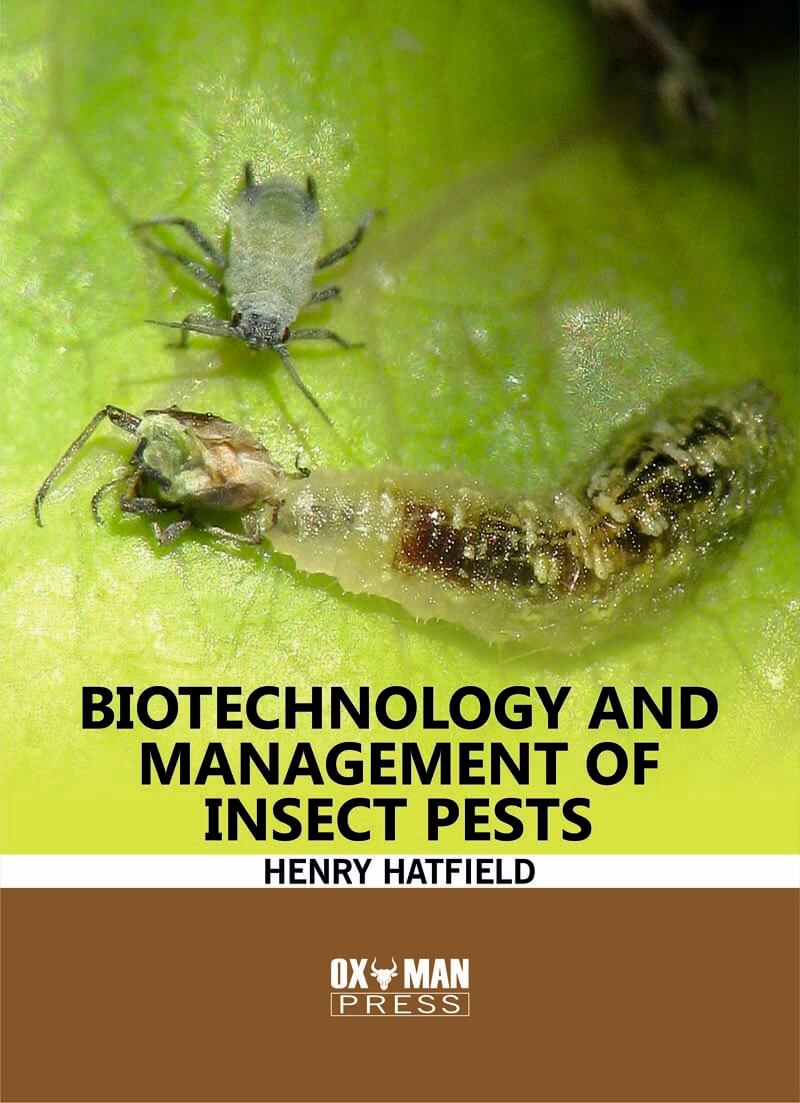Biotechnology and Management of Insect Pests
| ISBN | 9781778806281 |
|---|---|
| Author | Henry Hatfield |
| Publisher | OXMAN PRESS |
| Publication Year | 2023 |
| Category | Agriculture & Life Science |
| Price | $191.00 |
Henry Hatfield has vast experience in pest control and management in Britain. His principal strategy entails encouraging functional variety to break the monoculture nature of agricultural environments. Henry Hatfield has written 13 books, including Agroforestry: The Study of Sustainable Farming and Pest Management in Agricultural Ecology. His current research looks at how ecological knowledge may be used to protect plants more effectively and sustainably. He is on the editorial board of three publications and has over 60 peer-reviewed papers and book chapters to his credit, as well as co-edited the book Environmental Control.
